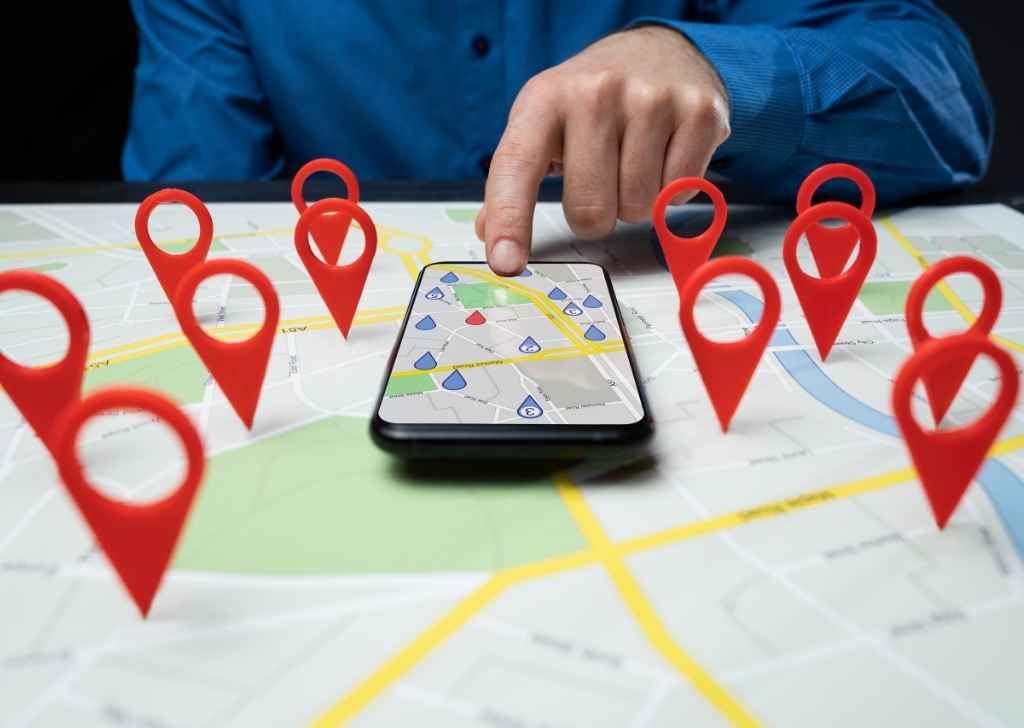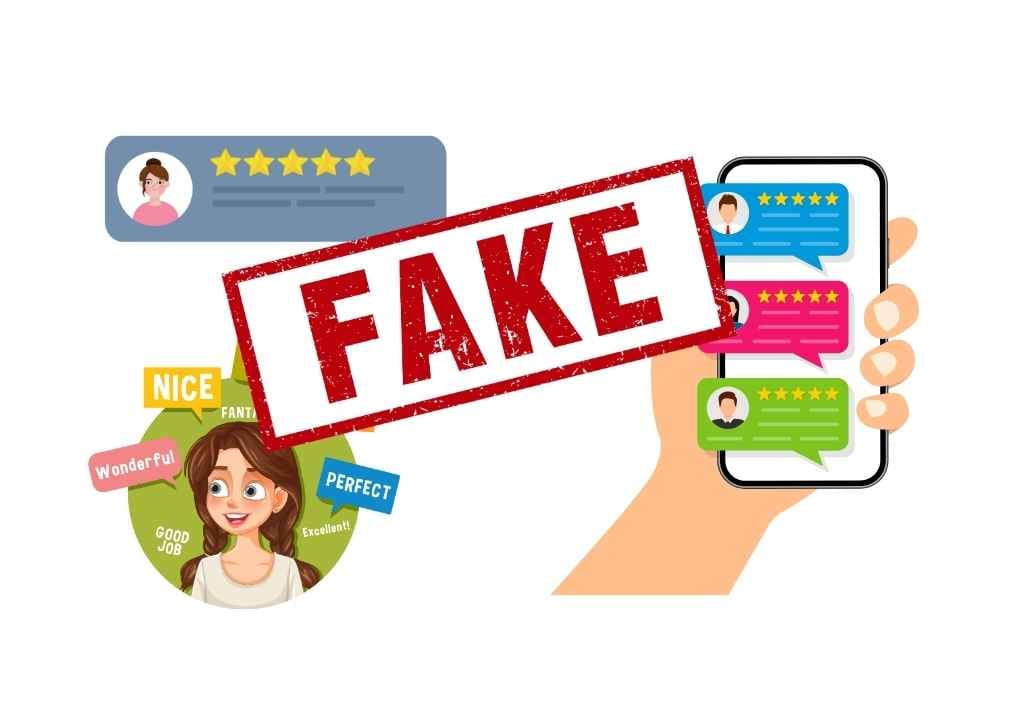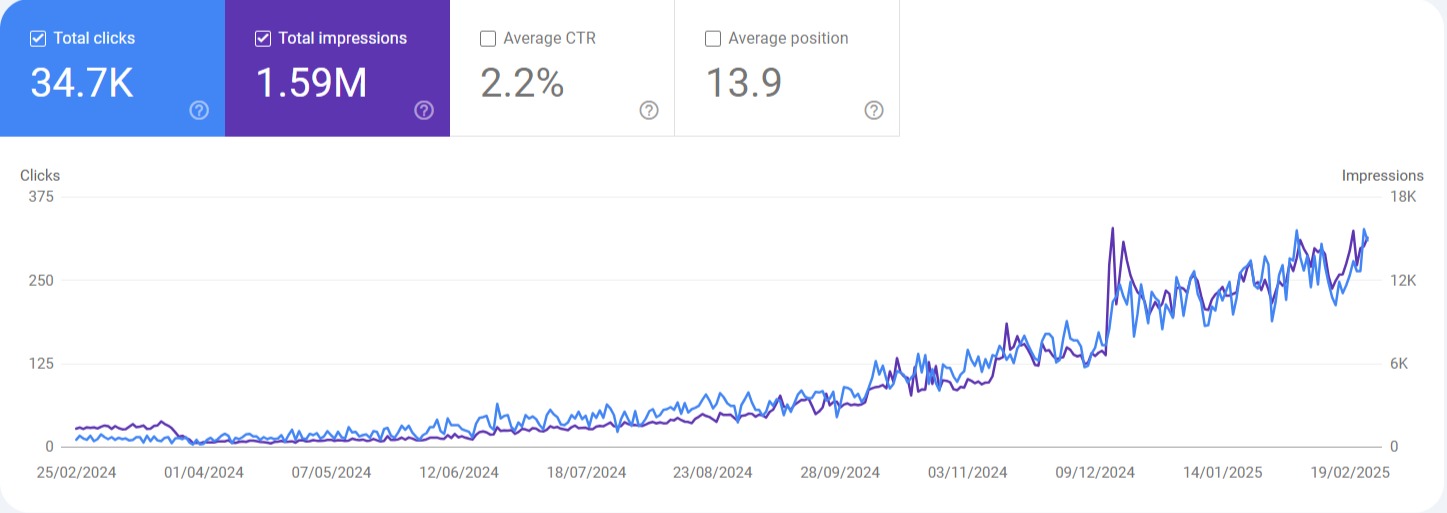Is It Illegal to Buy Google Reviews in Malaysia?

Table of Contents
If you run a business in Malaysia, chances are you’ve considered the power of Google Reviews. For local businesses, especially those working with a digital marketing agency in Kuala Lumpur, online reviews can be the difference between a quiet shop and a fully booked week.
But in a highly competitive market, some business owners are turning to quick-fix methods to boost their reputation like buying 5-star Google reviews. On the surface, it seems like a harmless shortcut. After all, who’s going to know, right?
Here’s the thing: Google knows. And more importantly, customers can tell too.
Before you make that decision, you need to know what’s actually allowed, what crosses the line, and what could put your business and your Google listing at serious risk. In this article, we’re breaking down the legal and digital landscape in Malaysia around buying Google reviews, and why it’s a slippery slope.
Let’s unpack what’s behind this shady practice, and what you should be doing instead if you want long-term credibility and better visibility on Google Maps.
Why Do Businesses in Malaysia Want to Buy Google Reviews?
In a hyper-competitive market like Malaysia, where nearly every industry is saturated. From F&B to wellness to legal services, business owners are constantly looking for quick wins. Google reviews have become one of those high-impact, low-effort indicators that can make or break a customer’s first impression.
A business with 200 five-star ratings automatically feels more trustworthy than one with 15 reviews, even if the latter is objectively better. It’s a psychological shortcut that users rely on when choosing between two options on Google Maps or search results.
For new or struggling businesses, this creates pressure. If their competitors are displaying hundreds of glowing reviews, the temptation to buy Google Business reviews becomes very real. After all, who’s really going to notice a few extra five-star ratings if it helps you land more foot traffic or online leads?
And with digital marketing agencies in Kuala Lumpur aggressively pitching “review boosting” as part of their packages, it’s easy to see why some businesses are led down this path, often without fully understanding the risks.
 Why Google Reviews Matter for Local Businesses
Why Google Reviews Matter for Local Businesses
In Malaysia, a single star can make or break a business. That’s not an exaggeration. Google Reviews are now one of the top local SEO signals for how businesses rank in the Google Map Pack.
When potential customers search for services like “men’s clinic near me” or “car repair Subang Jaya,” Google serves up a shortlist of businesses based on location, relevance, and, yes, review quality and quantity.
Social Proof That Drives Real Sales
Positive reviews build trust instantly. They act like mini-testimonials that reassure a customer that your business is credible, professional, and worth their money. A 4.9-star average signals that your service is consistent and satisfying. On the flip side, a 2.8-star rating might cause people to keep scrolling.
And it’s not just about perception. Multiple studies show that businesses with strong reviews convert better, rank higher, and are more likely to be chosen even over bigger competitors.
Ranking Better on Google Maps
Google uses reviews as part of its ranking algorithm for local results. This includes:
- Review volume: The number of reviews your business has
- Review freshness: How recent those reviews are
- Sentiment: Are they mostly positive or negative?
- Keywords in reviews: Are people mentioning your services naturally?
That’s why many business owners feel tempted to skip the hard work and just buy Google reviews in Malaysia. But as we’ll explain next, this shortcut can backfire very badly.

Why Do Businesses Try to Buy Google Reviews in Malaysia?
Running a business in Malaysia isn’t easy. Competition is fierce, and with rising ad costs, many SMEs are under pressure to prove credibility fast, especially in industries like beauty, health, and F&B where customer trust plays a huge role.For newer businesses or those with only a handful of reviews, the temptation to buy Google reviews in Malaysia can feel like a shortcut to legitimacy. After all, one 5-star rating can nudge a prospect into clicking your profile, and then might make you look like the best in town.Some digital marketing vendors even bundle these services discreetly, selling packages labeled “GMB Boosting” or “Google Trust Growth.” But here’s the truth most won’t tell you: these reviews are either fake, generated by bots, or worse, come from recycled accounts across multiple countries.While this might artificially inflate your score in the short term, it creates a long-term risk of platform penalties and trust erosion. And Google has already gotten smarter at detecting inauthentic behaviour.Buying Google reviews might look like growth on paper, but it comes at the cost of your reputation, and in some cases, your Google Business Profile itself.Is It Illegal to Buy Google Reviews in Malaysia?
There’s a lot of confusion around the legality of buying reviews; especially when it’s happening quietly across Telegram channels and freelancer platforms. So let’s clear it up:Google’s Policy: Strictly Prohibited
According to Google’s official policy on fake engagement, buying or selling reviews is a direct violation of their Maps User Contributed Content Policy. This includes:- Paying someone to leave a review
- Offering incentives like discounts or gifts
- Posting fake reviews from fake accounts
What About Malaysian Law?
In Malaysia, the Consumer Protection Act 1999 (specifically Section 10 and 13) prohibits false and misleading claims, which can extend to deceptive online reviews. If a business is found to be manipulating consumer perception, it can face legal consequences, including fines from enforcement bodies like the Ministry of Domestic Trade and Consumer Affairs (KPDN).While enforcement on fake Google reviews hasn’t been heavily publicised yet, the legal foundation does exist. And with the increasing regulation of digital platforms in Malaysia especially in finance, health, and beauty.
What Happens If You’re Caught Buying Reviews?
Getting caught buying Google reviews in Malaysia isn’t just about a slap on the wrist. Google has advanced spam-detection algorithms and teams dedicated to maintaining review integrity. And once they flag your business, recovery isn’t easy or guaranteed.
Your Google Business Profile Can Get Suspended
If Google detects suspicious activity like sudden bursts of 5-star reviews from accounts outside your country or patterns that match known “review farms”, it can suspend your business listing without warning. Once suspended, your profile disappears from Google Maps and Search, which means your digital presence goes dark overnight.
You Could Lose Customer Trust
Consumers are smarter than ever. A sudden spike in perfect reviews, especially without context or detail, can raise red flags. Worse, if a real customer spots obviously fake feedback, it erodes your credibility. Once your brand loses trust, no amount of SEO or advertising can fully recover the damage.
It Could Affect Local SEO Permanently
Google doesn’t just delete fake reviews, it can demote your entire listing in rankings. That means even your legitimate reviews, website links, and location data lose visibility. It’s a long-term SEO setback for what seemed like a short-term win.
Can Google Reviews Be Removed If They’re Fake?
Yes, but not always automatically. Google has systems in place to detect and remove fake reviews, but many still slip through. Whether you’re dealing with fake praise planted by competitors or illegitimate 5-star reviews you mistakenly paid for, here’s what you need to know.
Reporting Fake Reviews to Google
Google allows anyone, business owners or the public to flag suspicious reviews. You can do this directly from your Google Business Profile:
- Go to the review
- Click the three-dot menu
- Select “Report review”
- Choose a reason (e.g., fake engagement)
However, Google doesn’t always act on these reports unless there’s a clear violation. That’s why it’s important to document patterns, like a cluster of reviews from new accounts or those with no local activity.
Google’s Moderation Timeline
After flagging, reviews go under manual or automated moderation. If found to breach policies, they’re removed. But this can take days or weeks. Sometimes, you may need to escalate via Google Business support for quicker action, especially if fake reviews are affecting your business reputation.
Can You Remove Paid Reviews You Regret?
If you previously bought reviews and now want to clean things up, the best move is to audit your Google reviews. Identify the fake ones and proactively flag them, or seek help from agencies like Hypercharge that specialize in ethical review management and local SEO strategy.

What Should You Do Instead of Buying Reviews?
If you’re tempted to buy Google reviews in Malaysia, pause. There are safer, more effective ways to build real, lasting trust and improve your Google ranking at the same time.Ask the Right Customers, at the Right Time
Timing matters. Customers are most likely to leave a review when they’ve just had a good experience, so don’t wait. A polite, well-worded request via WhatsApp, SMS, or email after service can make a huge difference. Keep the tone warm, human, and simple.You can also integrate review requests into your customer journey, like adding a prompt on receipts or thank-you pages.Offer Great Service That Deserves a Review
Sounds obvious, but it’s often overlooked. Reviews reflect reality. When you genuinely deliver good service. fast responses, clear communication, and, no overpromising, you naturally create moments people want to talk about.Your team should be trained to spot happy customers, and ask for feedback while the experience is still fresh.Make It Easy to Leave a Review
Many businesses miss out because they don’t make the process easy. Use a shortened review link, pre-filled templates, or QR codes at your checkout counter. The fewer clicks it takes, the higher the chance they’ll do it.Pair this with a reminder system so the task doesn’t get buried under daily noise. Tools like Google’s review link generator or review management platforms can help streamline this.The Bottom Line – Build Trust, Not Trouble
Shortcuts rarely end well, especially when it comes to something as visible and permanent as your Google reviews. While it may seem like a fast way to stand out, trying to buy Google reviews in Malaysia can backfire hard, risking not just your rankings but your business reputation.Instead, invest in authentic review strategies that align with Google’s policies. Not only will this protect your business from penalties, but it’ll also improve your visibility, your credibility, and your ability to win customers consistently.At Hypercharge, we help local businesses earn reviews the right way through proven, sustainable methods. From setting up your Google Business Profile to managing reviews and visibility, we make sure your reputation works for you; not against you.Looking for a trusted digital marketing agency in Kuala Lumpur? Start by improving your reviews the right way.FAQs About Buying Google Reviews in Malaysia
How do I increase my Google Reviews?
The best way to increase Google reviews is by simply asking satisfied customers to leave feedback after a positive experience. You can do this via email, SMS, or even a physical card with a review link to make it easy and convenient. Furthermore, as a business owner, you should actively respond to reviews; it show that you’re active.
Can Google ban you for fake reviews?
Yes. Google can suspend your business profile or even remove it from search completely if they detect you’re using fake or incentivized reviews. Their spam detection algorithms are built to maintain review integrity, and violations can result in serious penalties.
Does Google pay you for leaving reviews?
No, Google does not pay or reward users for leaving reviews. In fact, incentivizing reviews even with discounts or freebies is against their policy. Reviews must come from genuine customer experiences, not compensation.
Can Google detect paid and fake reviews?
Absolutely. Google’s systems use a combination of machine learning, behavioral signals, and account history to flag suspicious patterns. If your reviews come in bursts, use similar language, or originate from unrelated regions, they’re more likely to get removed or flagged.
Can businesses delete fake reviews?
Not directly. Businesses can’t delete reviews themselves, but they can report suspicious or fake ones to Google. If the review violates Google’s content policy, it may be removed. Providing evidence and responding professionally can also help protect your reputation in the meantime.
Get Real Reviews That Actually Help Your Business
If you’re serious about growing your business the right way, focus on long-term trust over shortcuts. At Hypercharge, we help businesses across Malaysia set up ethical, scalable review strategies that drive real results, better Google rankings, stronger customer loyalty, and more leads.
Don’t risk your online reputation with fake reviews. Reach out to us for a free consultation, and let us show you how to grow your Google presence the sustainable, profitable way.

 Why Google Reviews Matter for Local Businesses
Why Google Reviews Matter for Local Businesses
